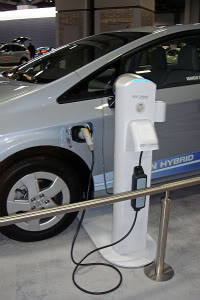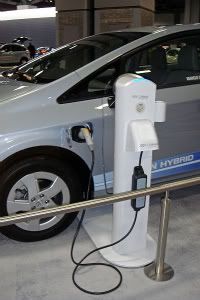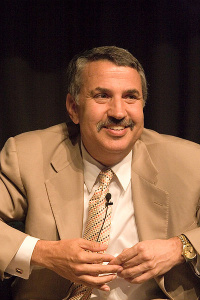Guest Post from Wayne Mackey: A Case for Solar Photovoltaics Today

The first crude modern solar photovoltaic Solar cells were created in the Bell Telephone Labs in 1952 – 1954 by Daryl Chapin, Calvin Fuller, and Gerald Pearson. They were trying to find a way to power telephones in remote areas of the country. They were able to produce a solar cell that was 6% efficient at converting sunlight into electrical energy.
Solar energy is not diminished by harvesting, unlike fossil fuels. The amount of energy we capture today in no way diminishes how much we can take tomorrow, or how much is left for our children and grandchildren. Every single day enough solar energy falls on the earth to supply all of the world’s energy needs for four or five years. Solar energy shows up directly in the form as sunlight which can be harvested by panels that can create either heat or electricity. Our allotment of solar energy can also show up indirectly as wind, the result of uneven heating on the earth’s surface. (more…)


![[The Vector] World Future Energy Summit January 17-20th, 2011](http://2greenenergy.com/wp-content/uploads/2011/01/Hilary-and-Dr-Sultan-ahmed-Al-Jaber-courtesy-Masdar-150x150.jpg)



 Retired engineer Lucas Jones writes:
Retired engineer Lucas Jones writes:
 Two pieces on sustainability for your consideration:
Two pieces on sustainability for your consideration: ![[The Vector] Progress in Solar Thermal / CSP (Concentrating Solar Power)](https://www.2greenenergy.com/wp-content/uploads/2011/02/parabolic_trough_solar_thermal_elec23.jpg)
![[The Vector] Progress in Solar Thermal / CSP (Concentrating Solar Power)](http://i708.photobucket.com/albums/ww83/craigshields/Parabolic_trough_solar_thermal_elec.jpg) The Vector is pleased to see progress made in the solar thermal / CSP (concentrating solar power) space. We have always believed that solar thermal is the heavy betting favorite to be the ultimate winner in the race for a clean energy technology to replace fossil fuels – at least through the remainder of the 21st Century.
The Vector is pleased to see progress made in the solar thermal / CSP (concentrating solar power) space. We have always believed that solar thermal is the heavy betting favorite to be the ultimate winner in the race for a clean energy technology to replace fossil fuels – at least through the remainder of the 21st Century.

